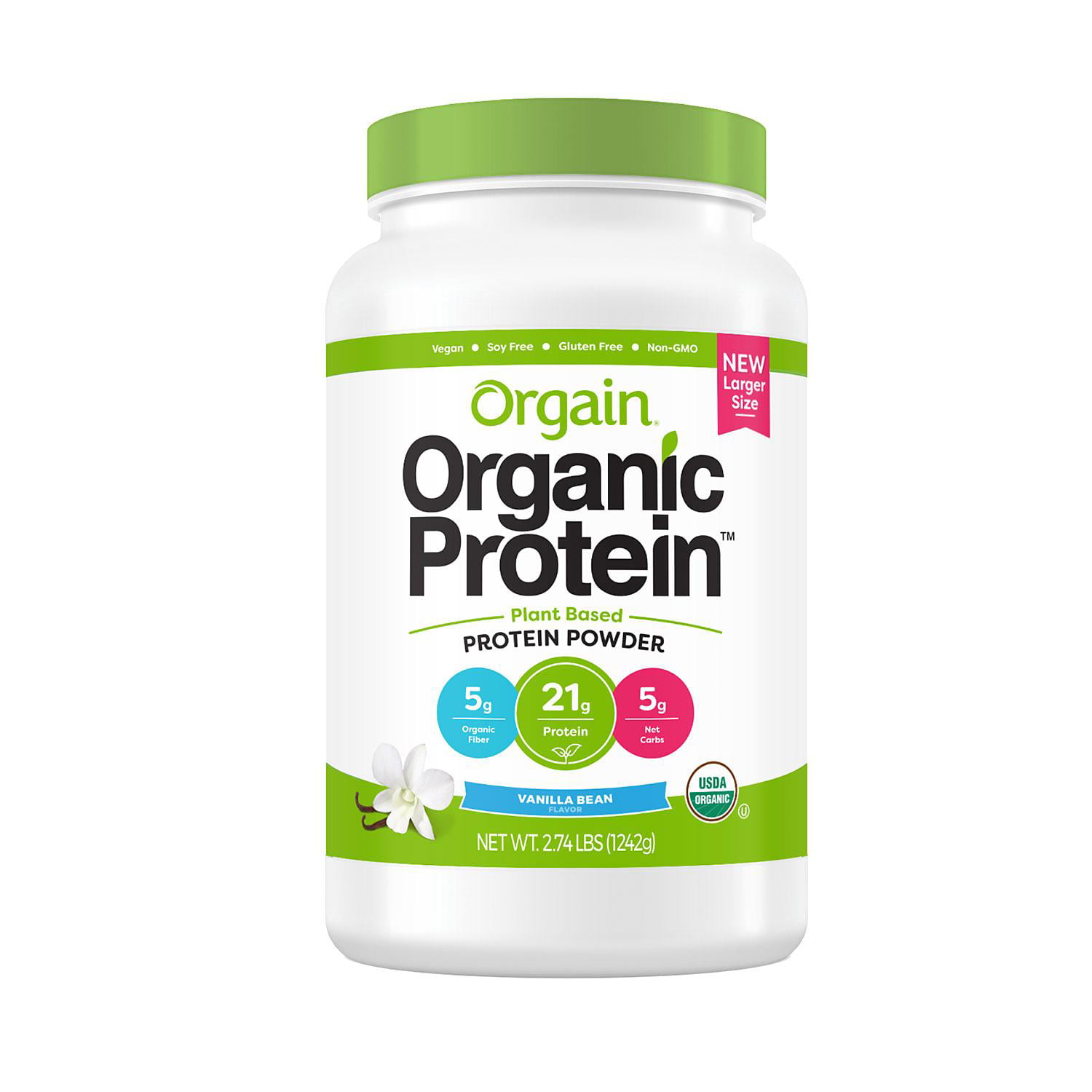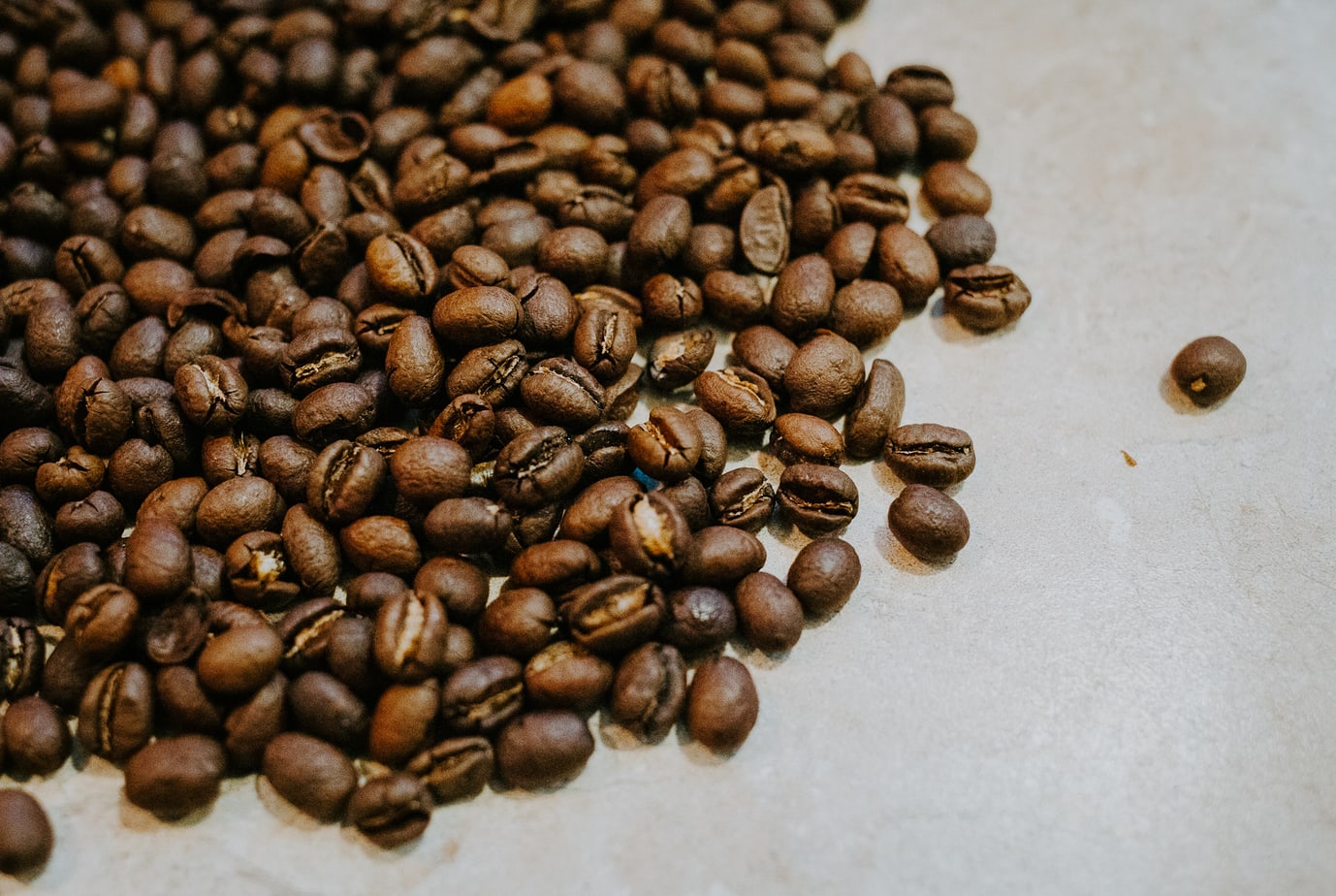Your Vitamin c for plants images are ready. Vitamin c for plants are a topic that is being searched for and liked by netizens today. You can Get the Vitamin c for plants files here. Download all free photos and vectors.
If you’re searching for vitamin c for plants images information connected with to the vitamin c for plants interest, you have visit the right site. Our site always provides you with suggestions for seeking the maximum quality video and picture content, please kindly surf and find more informative video content and graphics that fit your interests.
Vitamin C For Plants. Producing food with a high content of vitamin c for human health, increasing the postharvest shelf life, and, not less important, increasing the resistance of plants to various kinds of stress. Vitamin c is already known to be an antioxidant, which helps plants deal with stresses from drought to ozone and uv radiation, but until now it was not known that plants could not grow without it. Producing food with a high content of vitamin c for human health, increasing the postharvest shelf life, and, not less important, increasing the resistance of plants to various kinds of stress. The kinds of nutrients that plants need differ from humans;
 Nutrainix Vitamin 1000mg Plant Based from From nutrainix.in
Nutrainix Vitamin 1000mg Plant Based from From nutrainix.in
While vitamin c in plant chloroplasts is known to help prevent a reduction in growth that plants experience when exposed to excessive light—phenomenon called photo inhibition—how it gets into. Initial investigations revealed that a biosynthetic pathway for vitamin c production in plants was not well understood, so they set about confirming a pathway first proposed by british scientists glen wheeler and nickolas smirnoff in 1998. Knowing that kiwifruit were very rich in vitamin c, researchers at plant & food research were prompted in 2002 to find out why. However, vitamin c is not only an antioxidant, since it is also a cofactor for numerous enzymes involved in plant and human metabolism. Finally, it should be borne in mind that some vitamins, such as vitamins c and b 6, participate in hormone biosynthesis and signalling 50, 51, 52, which in turn influence vitamin synthesis in plants 53, 54, thus reflecting complex interactions between vitamins and hormones. Producing food with a high content of vitamin c for human health, increasing the postharvest shelf life, and, not less important, increasing the resistance of plants to various kinds of stress.
The increase in ascorbate was surprising, given that this compound is the major antioxidant contributing to the redox status of the cell and that its synthesis is subject to feedback inhibition by the pool size.
Produced in mitochondria in reaction to stress, vitamin c enters other cell organs such as chloroplasts where it is needed as an antioxidant and coenzyme in metabolic reactions that help protect the plant. The definition of ascorbic acid as vitamin c arises from the dietary requirement of humans, who do not express the last enzyme in the pathway ( l. Initial investigations revealed that a biosynthetic pathway for vitamin c production in plants was not well understood, so they set about confirming a pathway first proposed by british scientists glen wheeler and nickolas smirnoff in 1998. Vitamin c is present in many plants but the plants on this list are specifically high in vitamin c. Some studies showed that vitamin c is helpful for photosynthesis and could offer some protection from smog and ozone. According to the university of california (2005), vitamin c can also improve the process of photosynthesis or make it more.
 Source: shop.fxmiller.de
Source: shop.fxmiller.de
Initial investigations revealed that a biosynthetic pathway for vitamin c production in plants was not well understood, so they set about confirming a pathway first proposed by british scientists glen wheeler and nickolas smirnoff in 1998. The increase in ascorbate was surprising, given that this compound is the major antioxidant contributing to the redox status of the cell and that its synthesis is subject to feedback inhibition by the pool size. We have demonstrated that the vitamin c content of plants can be increased by overexpressing dhar, the enzyme responsible for regenerating ascorbic acid. This plant also has vitamin a, k, e, magnesium, fiber, potassium, and iron. The definition of ascorbic acid as vitamin c arises from the dietary requirement of humans, who do not express the last enzyme in the pathway ( l.
 Source: vegandukan.com
Source: vegandukan.com
The effect of vitamin c on plants was studied with sterile plant cultures. Does vitamin d help plants grow? 36 grams of chard provides nearly 14% of an adult’s rda. However, some research indicates that plants may derive specific benefits from the application of vitamin b, vitamin c. Vitamin c is an essential element of plant and an imal antioxidant systems, which can be defined as complex redox networks, including metabolites and enzymes, with mutual interactions and.
 Source: lifeirl.com
Source: lifeirl.com
Finally, it should be borne in mind that some vitamins, such as vitamins c and b 6, participate in hormone biosynthesis and signalling 50, 51, 52, which in turn influence vitamin synthesis in plants 53, 54, thus reflecting complex interactions between vitamins and hormones. Just one plum delivers around 530% of the dv. It was found that the dry weight of the treated. This would make vitamin c supplements very useful for gardening or farming in urban areas where higher levels of smog can damage plants. Interestingly, plants are not only living bioreactors for vitamin c production in optimal growing conditions, but also they can increase their vitamin c content as consequence of stress conditions.
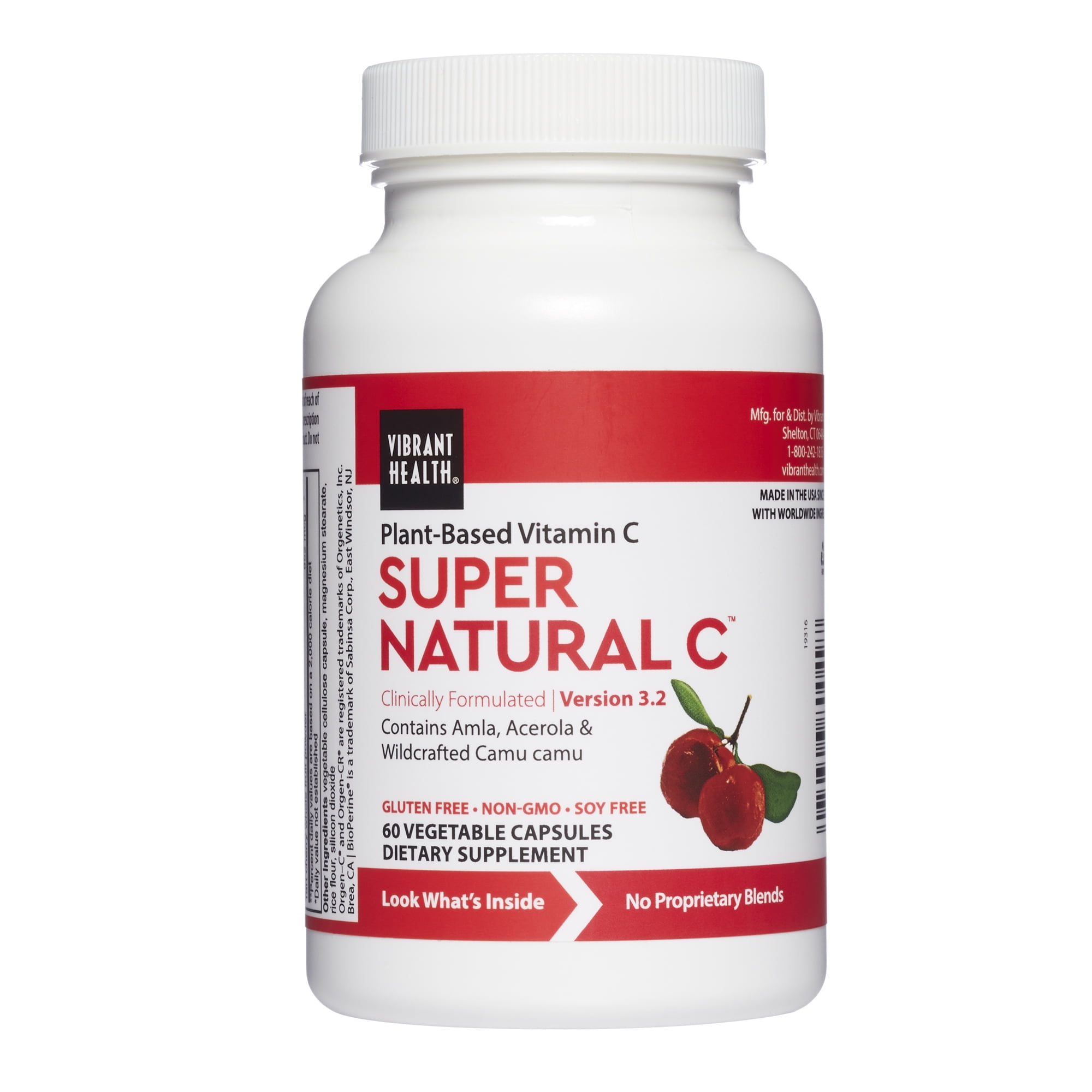 Source: walmart.com
Source: walmart.com
Kakadu plums contain up to 5,300 mg of vitamin c per 100 grams, making it the richest known source of this vitamin. Vitamins d2 and d3 also help to enhance plant growth. While vitamin c in plant chloroplasts is known to help prevent a reduction in growth that plants experience when exposed to excessive light—phenomenon called photo inhibition—how it gets into. However, vitamin c is not only an antioxidant, since it is also a cofactor for numerous enzymes involved in plant and human metabolism. All fruits (fresh and dried) for example, the vitamin c in cranberries goes from 13.3 in 100 grams fresh to 0.2 in 100 grams dried.now, there\’s a lot more dried cranberries in a 100 gram.
 Source: dreamstime.com
Source: dreamstime.com
While we need vitamin c to stay healthy, plants actually make it for their own benefit. Ascorbic acid (vitamin c) is synthesised by animals and plants but is apparently absent from prokaryotes. Producing food with a high content of vitamin c for human health, increasing the postharvest shelf life, and, not less important, increasing the resistance of plants to various kinds of stress. It was found that the dry weight of the treated. Vitamin c is present in many plants but the plants on this list are specifically high in vitamin c.
![]() Source: prismpop.com
Source: prismpop.com
An overview of the different approaches aimed. Kakadu plums contain up to 5,300 mg of vitamin c per 100 grams, making it the richest known source of this vitamin. Fruits & vegetables that provide a good source of vitamin c. Just one plum delivers around 530% of the dv. Vitamin c is present in many plants but the plants on this list are specifically high in vitamin c.
 Source: pureformulas.com
Source: pureformulas.com
It’s good to keep a look out and see what future research might say about vitamins and plants. Some studies showed that vitamin c is helpful for photosynthesis and could offer some protection from smog and ozone. However, vitamin c is not only an antioxidant, since it is also a cofactor for numerous enzymes involved in plant and human metabolism. Plants that are high in vitamin c: However, some research indicates that plants may derive specific benefits from the application of vitamin b, vitamin c.
 Source: nutrainix.in
Source: nutrainix.in
This would make vitamin c supplements very useful for gardening or farming in urban areas where higher levels of smog can damage plants. Let’s take a look at a few wild sources of vitamin c from plants available in my habitat (southwestern pennsylvania). Producing food with a high content of vitamin c for human health, increasing the postharvest shelf life, and, not less important, increasing the resistance of plants to various kinds of stress. The kinds of nutrients that plants need differ from humans; This plant also has vitamin a, k, e, magnesium, fiber, potassium, and iron.
 Source: nykaa.com
Source: nykaa.com
It’s good to keep a look out and see what future research might say about vitamins and plants. We have demonstrated that the vitamin c content of plants can be increased by overexpressing dhar, the enzyme responsible for regenerating ascorbic acid. All fruits (fresh and dried) for example, the vitamin c in cranberries goes from 13.3 in 100 grams fresh to 0.2 in 100 grams dried.now, there\’s a lot more dried cranberries in a 100 gram. This plant also has vitamin a, k, e, magnesium, fiber, potassium, and iron. While vitamin c in plant chloroplasts is known to help prevent a reduction in growth that plants experience when exposed to excessive light—phenomenon called photo inhibition—how it gets into.
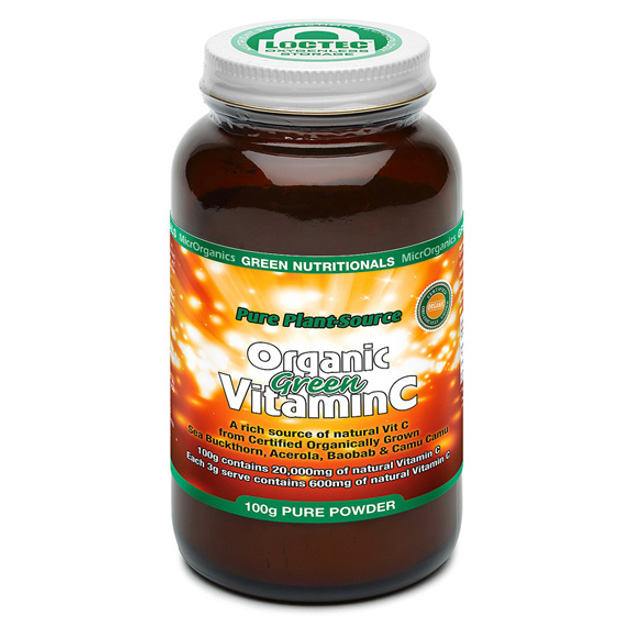 Source: australianvitamins.com
Source: australianvitamins.com
The definition of ascorbic acid as vitamin c arises from the dietary requirement of humans, who do not express the last enzyme in the pathway ( l. This would make vitamin c supplements very useful for gardening or farming in urban areas where higher levels of smog can damage plants. We have demonstrated that the vitamin c content of plants can be increased by overexpressing dhar, the enzyme responsible for regenerating ascorbic acid. The effect of vitamin c on plants was studied with sterile plant cultures. While vitamin c in plant chloroplasts is known to help prevent a reduction in growth that plants experience when exposed to excessive light—phenomenon called photo inhibition—how it gets into.
 Source: davidjonespharmacy.com.au
Source: davidjonespharmacy.com.au
We have demonstrated that the vitamin c content of plants can be increased by overexpressing dhar, the enzyme responsible for regenerating ascorbic acid. Producing food with a high content of vitamin c for human health, increasing the postharvest shelf life, and, not less important, increasing the resistance of plants to various kinds of stress. Initial investigations revealed that a biosynthetic pathway for vitamin c production in plants was not well understood, so they set about confirming a pathway first proposed by british scientists glen wheeler and nickolas smirnoff in 1998. Some studies showed that vitamin c is helpful for photosynthesis and could offer some protection from smog and ozone. The flavor of green chard can be described as mild taste like spinach.
 Source: shop.nurcha.com.au
Source: shop.nurcha.com.au
While vitamin c in plant chloroplasts is known to help prevent a reduction in growth that plants experience when exposed to excessive light—phenomenon called photo inhibition—how it gets into. Produced in mitochondria in reaction to stress, vitamin c enters other cell organs such as chloroplasts where it is needed as an antioxidant and coenzyme in metabolic reactions that help protect the plant. Plants that are high in vitamin c: We have demonstrated that the vitamin c content of plants can be increased by overexpressing dhar, the enzyme responsible for regenerating ascorbic acid. Some studies showed that vitamin c is helpful for photosynthesis and could offer some protection from smog and ozone.
 Source: thehimalayanorganics.in
Source: thehimalayanorganics.in
36 grams of chard provides nearly 14% of an adult’s rda. 36 grams of chard provides nearly 14% of an adult’s rda. Some studies showed that vitamin c is helpful for photosynthesis and could offer some protection from smog and ozone. However, vitamin c is not only an antioxidant, since it is also a cofactor for numerous enzymes involved in plant and human metabolism. Fruits & vegetables that provide a good source of vitamin c.
 Source: australianvitamins.com
Source: australianvitamins.com
This would make vitamin c supplements very useful for gardening or farming in urban areas where higher levels of smog can damage plants. Knowing that kiwifruit were very rich in vitamin c, researchers at plant & food research were prompted in 2002 to find out why. Plants that are high in vitamin c: Vitamin c is present in many plants but the plants on this list are specifically high in vitamin c. Ascorbic acid (vitamin c) is synthesised by animals and plants but is apparently absent from prokaryotes.
 Source: dailynutriplus.com
Source: dailynutriplus.com
While vitamin c in plant chloroplasts is known to help prevent a reduction in growth that plants experience when exposed to excessive light—phenomenon called photo inhibition—how it gets into. This plant also has vitamin a, k, e, magnesium, fiber, potassium, and iron. Producing food with a high content of vitamin c for human health, increasing the postharvest shelf life, and, not less important, increasing the resistance of plants to various kinds of stress. Green chard is rich in vitamin c; This would make vitamin c supplements very useful for gardening or farming in urban areas where higher levels of smog can damage plants.
 Source: nutrainix.in
Source: nutrainix.in
Of crystalline ascorbic acid was added to the liquid medium. An overview of the different approaches aimed. Knowing that kiwifruit were very rich in vitamin c, researchers at plant & food research were prompted in 2002 to find out why. Let’s take a look at a few wild sources of vitamin c from plants available in my habitat (southwestern pennsylvania). Initial investigations revealed that a biosynthetic pathway for vitamin c production in plants was not well understood, so they set about confirming a pathway first proposed by british scientists glen wheeler and nickolas smirnoff in 1998.
 Source: odeshe.co.uk
Source: odeshe.co.uk
Knowing that kiwifruit were very rich in vitamin c, researchers at plant & food research were prompted in 2002 to find out why. Vitamin c is an essential element of plant and an imal antioxidant systems, which can be defined as complex redox networks, including metabolites and enzymes, with mutual interactions and. It was found that the dry weight of the treated. This would make vitamin c supplements very useful for gardening or farming in urban areas where higher levels of smog can damage plants. Green chard is rich in vitamin c;
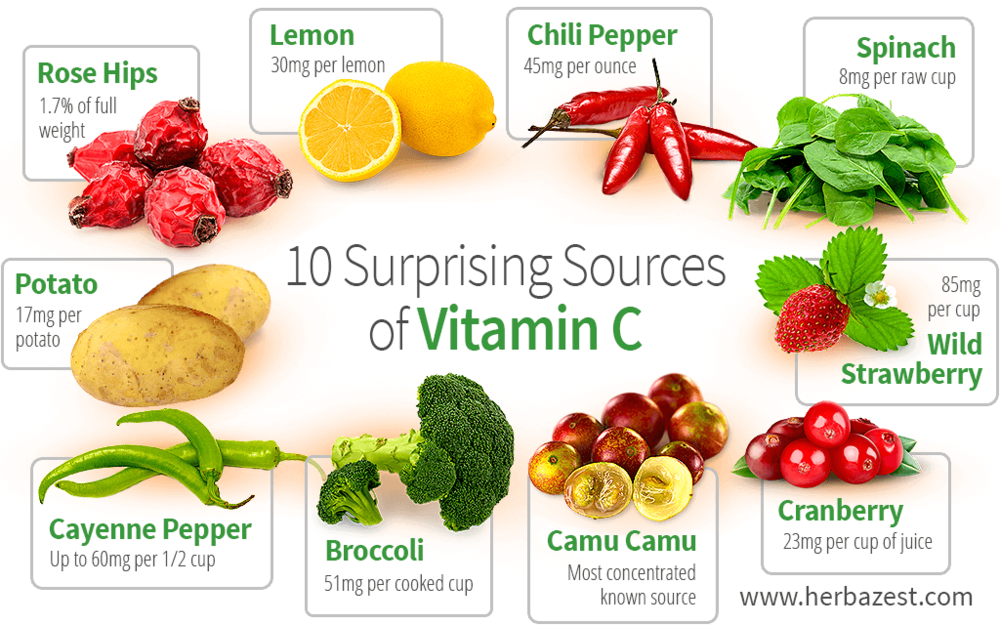
Vitamin c is present in many plants but the plants on this list are specifically high in vitamin c. The definition of ascorbic acid as vitamin c arises from the dietary requirement of humans, who do not express the last enzyme in the pathway ( l. We have demonstrated that the vitamin c content of plants can be increased by overexpressing dhar, the enzyme responsible for regenerating ascorbic acid. However, vitamin c is not only an antioxidant, since it is also a cofactor for numerous enzymes involved in plant and human metabolism. All fruits (fresh and dried) for example, the vitamin c in cranberries goes from 13.3 in 100 grams fresh to 0.2 in 100 grams dried.now, there\’s a lot more dried cranberries in a 100 gram.
This site is an open community for users to share their favorite wallpapers on the internet, all images or pictures in this website are for personal wallpaper use only, it is stricly prohibited to use this wallpaper for commercial purposes, if you are the author and find this image is shared without your permission, please kindly raise a DMCA report to Us.
If you find this site serviceableness, please support us by sharing this posts to your favorite social media accounts like Facebook, Instagram and so on or you can also bookmark this blog page with the title vitamin c for plants by using Ctrl + D for devices a laptop with a Windows operating system or Command + D for laptops with an Apple operating system. If you use a smartphone, you can also use the drawer menu of the browser you are using. Whether it’s a Windows, Mac, iOS or Android operating system, you will still be able to bookmark this website.

